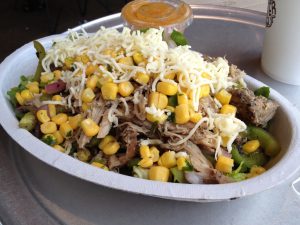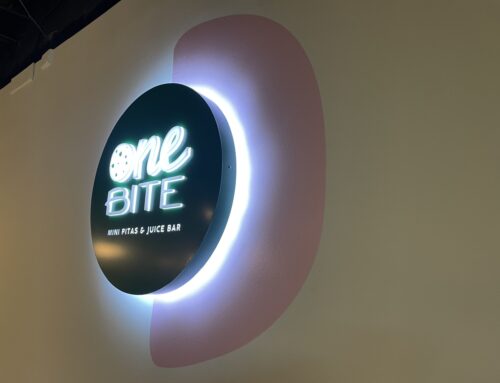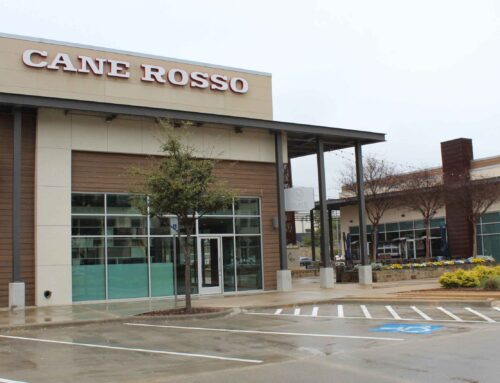Chipotle’s Scarecrow video is haunting and lovely.
It’s a commercial first, but one that is raising much-needed awareness about factory farming.
Chipotle, which has restaurants scattered about the Dallas area — here in Lake Highlands we have the nearby Central-Forest location — is causing all sorts of buzz these days with its heart-tuggingly fantastic new commercial featuring a sad scarecrow facing the realities of the food industry and so forth.
As a non-judgmental vegetarian and wanna-be-but-not-quite-there vegan who possesses an uncomfortable glut of knowledge about the food industry, I am cautiously optimistic about Chipotle’s efforts. (I do not however doubt their marketing and moviemaking brilliance after this).
I dig the pro-veggie angle of the scarecrow video, but as Salon columnist David Sirota points out, despite said message Chipotle slaughters and sells a lot of meat and has no intention of changing that. (If it was simply a video, sans the branding, it would be a great promo for vegetarianism.)
As of 2009, only about 60 percent of Chipotle’s meat was naturally raised according to this post and a comment from a Chipotle spokesman (see the comments section). The company says today that 100-percent of its pork is naturally farmed, 100 percent of its beef is now naturally farmed, and they occasionally use chickens that are not naturally farmed. “We work hard to find ranchers who are doing it the right way,” the promotional materials note. What does naturally raised mean? … animals raised in a humane way, fed vegetarian diet, no hormones, allowed to display their natural tendencies.
One of the things I gleaned from reading the book “Eating Animals” by Jonathan Safran Foer is that well-intentioned farmers, like well-intentioned restaurants, often bend when supplies of ethically raised meat do not satisfy customer demands, however Chipotle is named in the book as one of those trying to make a difference.
Overall, like Sirota and some other vegetarians who have blogged about this, I applaud a big company addressing the horrors of factory farming. I think a simple awareness about the industry and a slightly elevated amount of attention paid to the source of our burrito ingredients is a really positive advance.
The self-righteous type of vegan, in my view, only serves to turn on-the-fence vegetarians or vegans away from the whole thing.
What Chipotle is doing, while being a business/marketing move, is contributing to a widespread shift in thinking about the food. As others make similar efforts, more consumers begin to consider, seek and demand ethically produced food. Suppliers will be forced to adjust their practices.
It’s a long road, but with a collective effort from restaurants and people such as James Scott (founder of the Veggie Fair, who we profiled this month), progress is underway.






